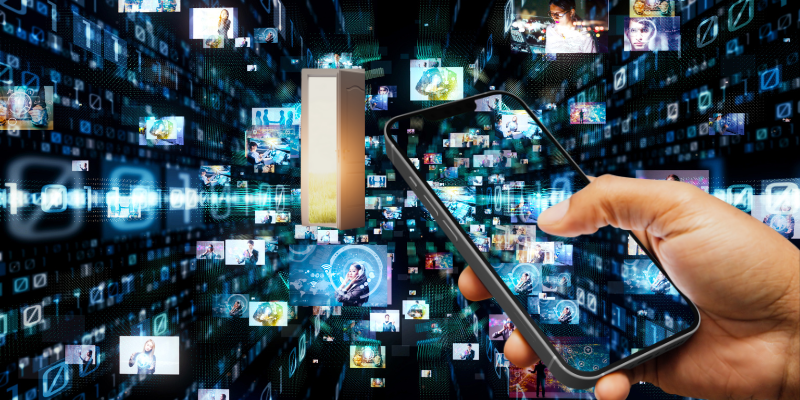Palm Coast Local
Locals Helping Locals

Should a backdoor to your phone be allowed
- Details
- Written by: Paul H Pride
- Category: Business Blog

A Matter of Safety or Control?
Governments claim they need access to encrypted data to track criminals, prevent cyberattacks, and stop terrorist plots. They argue that criminals hide behind Apple’s encryption, making it impossible for law enforcement to access key evidence.
But here’s the real question: is this about catching criminals, or is it about gaining unlimited access to private information?
If this were just about security, why are cybersecurity experts warning that backdoors put everyone’s data at risk? Why do privacy advocates believe this is a step toward mass surveillance?
(Source: Financial Times)
A Door Once Opened, Can’t Be Closed
Encryption keeps your personal data safe—not just from hackers, but from anyone who wants to access it without your permission. If Apple is forced to create a backdoor for European governments, that same technology could fall into the hands of:
✅ Hackers and cybercriminals – Once a backdoor exists, it becomes a target. Someone will eventually figure out how to exploit it.
✅ Foreign governments – If Europe gets access, countries like China, Russia, and North Korea will demand the same. Will Apple be able to say no?
✅ U.S. intelligence agencies – While the U.S. hasn’t officially mandated a backdoor, agencies like the CIA, FBI, and Homeland Security have long sought access to encrypted data. If a backdoor is created overseas, how long before it’s quietly used domestically?
Will Your Privacy Disappear Overnight?
Once Apple builds this backdoor, your phone’s security is no longer in your control. The same encryption that protects your banking details, private conversations, medical records, and personal information could be unlocked at any time.
And history shows that governments rarely stop once they gain access to private data. After all, mass surveillance programs like PRISM, exposed by Edward Snowden, showed just how far the U.S. government was willing to go.
So, should a backdoor to your phone be allowed?
Would you feel safer knowing the government could access your private messages anytime they choose? Or does this sound like the beginning of something far more dangerous?
Apple’s Choice: Protect Users or Open the Floodgates?
For years, Apple has stood firm on encryption, refusing to give the FBI access to a terrorist’s iPhone after the 2015 San Bernardino attack. They argued that breaking encryption for one case would set a dangerous precedent—and they were right.
Now, Apple faces an even bigger decision. If they cave to European demands, will the U.S. follow? Will Apple still be able to claim it protects its users?
(Source: Wikipedia - Apple–FBI Encryption Dispute)
Your Data, Your Choice—But for How Long?
This isn’t just about Apple. This is about your right to digital privacy. What happens if they decide to access other phone besides IOS. Think about Android.
Once a backdoor exists, it will never truly be secure. And once the government gains access to your data, how long before corporations, foreign spies, and cybercriminals find a way in too?
So, what do you think?
Should a backdoor to your phone be allowed?
Add comment